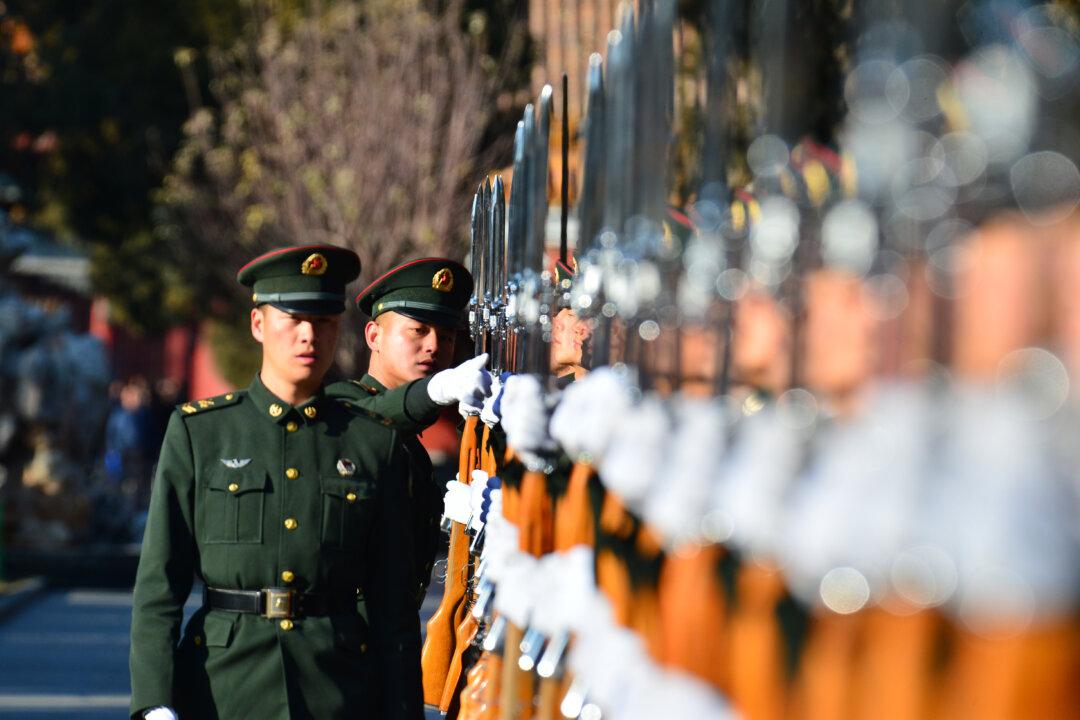The Chinese regime has very specific tactics when it seeks out foreign politicians and individuals to do its bidding, according to a recent French report.
In the eyes of the regime, some foreigners can simply be used by Chinese agents to “pass on messages or influence opinions.” Another group consists of individuals who can be “maneuvered,” either by ideology or interest, into becoming “useful idiots.” A third group of people accepts the idea of promoting the regime’s interests, and Beijing entrusts them with a “more precise directive.” Then there are those who are “formally recruited” by the regime.





